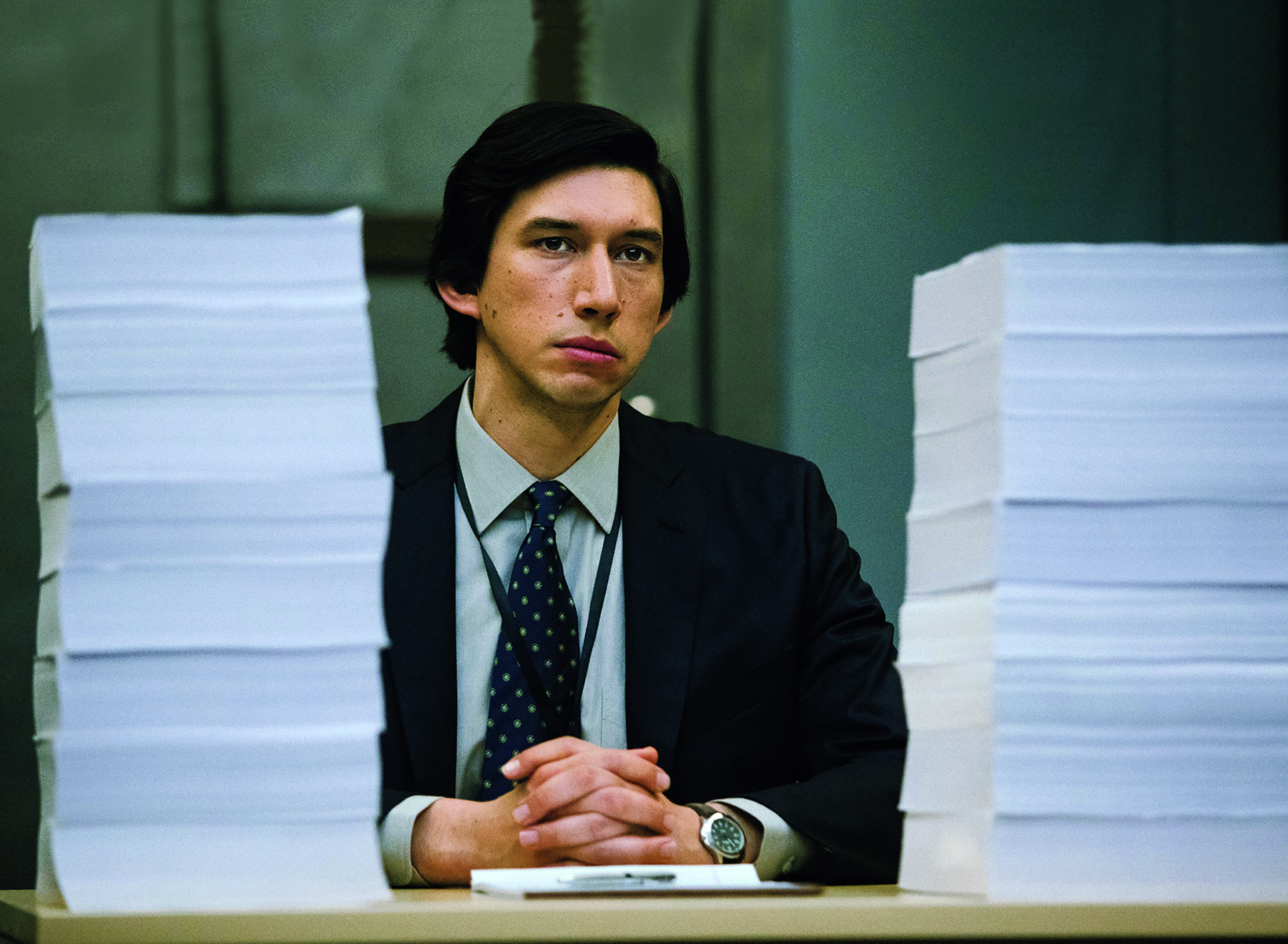When a young Senate staffer named Daniel J. Jones was leading the investigation into the CIA’s use of torture after 9/11, Senator John McCain—who himself had been the victim of torture during the Vietnam War—often said to him, “This feels like a movie.”
“But he didn’t mean it in the sense of ‘This should be a movie,’ ” Jones says. “It was more like ‘This is unbelievable. How could this happen?’ ”
Cut to 2018, and Jones found himself on the set of The Report, a movie about the very probe McCain had been discussing. In the film, which is in theaters now, Adam Driver plays Jones, with Annette Bening as his then boss, Senator Dianne Feinstein. “The first time I saw Annette with the wig and the scarf on, I couldn’t believe it: She was Senator Feinstein,” Jones says. “She even walked down the hallway and got up out of chairs the way Senator Feinstein did.”
Such is Jones’s surreal new world—and the detailed level of accuracy The Report achieves. Writer/director Scott Z. Burns asked Jones to be on the set for the film’s entire 26-day shoot. “It was a lot of Scott or Annette or Adam saying, ‘Hey, if we change this word, it would be easier to say—can we do that without messing up the meaning?’ ” Jones remembers. “And many times, I would say, ‘No, you can’t.’ ”
Jones left his Senate job after the torture report’s release in 2014 and now does investigations for two DC companies he founded: the private Penn Quarter Group and the nonprofit Advance Democracy. While he’s portrayed as the hero of The Report, he’s not letting it go to his head. “The real star of the movie is the Senate report itself,” he says. “Its conclusion is very clear: Torture is ineffective and produces false answers.”
Though the film takes place in the pre-Trump era, Jones thinks the lessons of the report—and The Report—apply to our current political situation: “It talks about the need for robust oversight by the legislative branch of the executive. That issue, in terms of secret programs that go on behind closed doors, could not be more important than it is right now.”
This article appears in the December 2019 issue of Washingtonian.


















